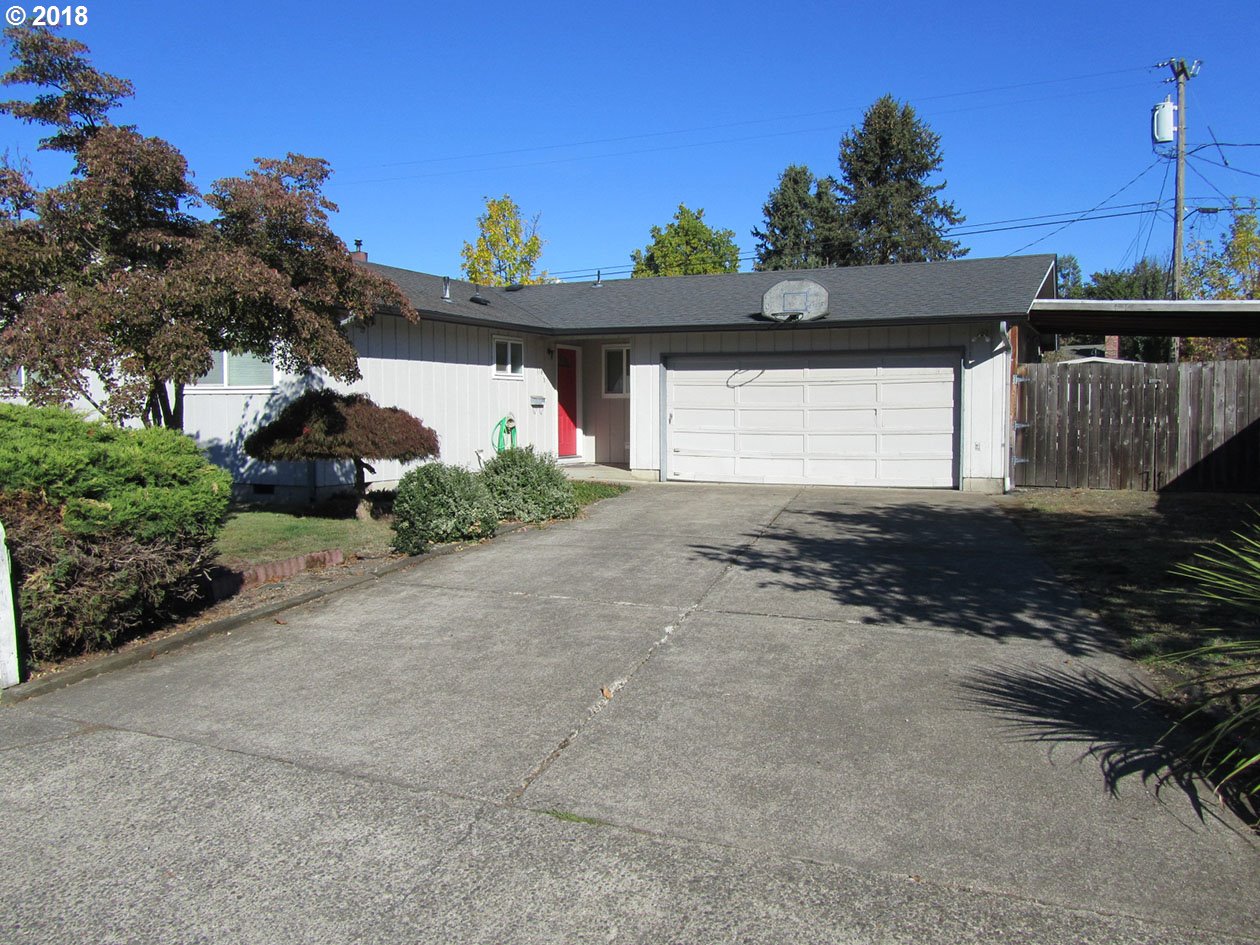Good Monday Morning!
If you have a home to sell this year, there is no doubt that right now is the perfect time to put it on the market for sale. Home sale conditions are extremely good in the Eugene and Springfield area and your chances of selling quickly and at top dollar are excellent. The following is an article from US News that talks about why now is the perfect time to sell your home.
Spring is in the air and homebuyers are coming out of hibernation. With the holidays over and the weather warming up, it’s the time of year that's typically considered a hot period for the housing market.
If you’ve considered selling your home, here's why spring is a great time to move forward with those plans:
- Warmer weather makes buyers active.
- The market is in the right place.
- There are plenty of buyers.
- You can get a head start.
Spring is the undisputed champion of seasons for selling a home. Not only are flowers in bloom and the sky blue for some great marketing photos, but also people are chomping at the bit to start the closing process so they can move in and get settled before fall.
Homebuyers have a tendency to taper off in the winter, and not just in parts of the country that typically have frigid weather. A mixture of holiday obligations and kids in school lead to more homes coming off the market temporarily and buyers pressing pause on checking out new listings.
By the time spring hits, cabin fever has people anxious to start touring homes. Dina Gorrell, a real estate agent for Redfin focused on the northern Virginia area, says the first two weeks of April have been the busiest so far in 2019. "When the blossoms come out, everyone goes nuts for it," she says.
With work, school or family obligations at the end of summer, spring is the optimal time to take on house hunting and get moving on the purchase process. "We can see a clear indication that the market its turning back up," says Dario Cardile, vice president of growth at real estate brokerage Owners.com.
The Market Is in the Right Place
A combination of low interest rates and low single-family housing inventory means there are a lot of eager homebuyers forced to compete for what’s on the market.
After increasing interest rates to 2.5% in December 2018, the Federal Reserve has expressed plans to keep interest rates at the same level through 2021. While rising interest rates previously scared off unsure buyers, Cardile points out that the steady outlook for interest rates since December has encouraged more buyers to resume shopping for homes.
Mortgage News Daily reports the average interest rate for a 30-year, fixed-rate mortgage is 4.34% as of April 16, 2019. The rate is a decrease of 0.16% compared to the year prior, and Mortgage News Daily shows the average mortgage rate has steadily declined since November 2018.
While housing has largely been in a seller's market over the last few years – meaning the seller has an upper hand since there are more buyers than homes available – the natural real estate cycle of indicates that's easing. Depending on where you live, there may be more new houses under construction to help ease demand or fewer active buyers.
Still, a softer market doesn't mean you won't be able to sell your house or that it's worth less. The S&P CoreLogic Case-Shiller U.S. National Home Price NSA Index, which measures price increases in single-family homes across the U.S., found home prices increased by 4.26% from January 2018 to January 2019 – and they have been steadily climbing since February 2012.
There Are Plenty of Buyers
Just a few years ago, millennials were brand-new to homebuying, but they've since become a staple demographic of the real estate market. With them, the real estate industry has evolved to better utilize technology and data to help home shoppers search for available homes. Now when a real estate agent lists a house on the local multiple listing service, it also gets picked up by consumer-facing portals like Zillow, realtor.com and Redfin to reach homebuyers directly.
Of course, this doesn't exclusively benefit millennial buyers. The National Association of Realtors’ 2018 Profile of Home Buyers and Sellers reports that first-time homebuyers made up 33% of the total share of homebuyers last year, with a median age of 32. The median age for all homebuyers, however, was 47, indicating that new home purchases certainly aren't limited to first-time buyers or millennials.
Additionally, the move-in ready expectation that accompanied the rise of the millennial homebuyer is now widely embraced. To make your home as marketable as possible to all potential buyers, you should update key rooms like the kitchen and master bathroom, which are known to get a lot of attention from homebuyers. Consider replacing major appliances or systems that have reached the end of their life, such as the water heater or roof, since being able to say they're brand-new can add value to the house. Selling your home "as-is" promises quite a bit more work than a first-time buyer is willing to take on.
You Can Get a Head Start
There’s still time to get your home on the market this spring to take advantage of the growing number of interested buyers, but successfully reaching potential buyers requires a bit more work than just an online listing, and it’s best to get started sooner rather than later. Gorrell recommends reaching out to an agent at least a few weeks before you'd like to put the house on the market to know what you need to do early on, so you can avoid a time crunch.
“It's smart to have a Realtor come and look through the house room by room and make suggestions,” Gorrell says.
Selling your home also likely means you'll be buying a new one, and the earlier you start on one the sooner you can make moves on the other. Cardile encourages home sellers to be active in the homebuying process at the same time. Especially if you need to be moved in before the end of summer, it's best to tour houses and have a head start on house hunting, even if you don't want to make an offer until your own home is under contract.
Here are four tips for taking advantage of the springtime homebuying surge:
- Prep your home. It’s a year-round rule that you should be putting your home’s best face forward, from planting flowers along the walkway to updating appliances in the kitchen or bathroom. While an interested buyer may be competitive about bidding on a home, he or she will also be well-informed, and prepping your home is imperative to getting the highest possible return on your investment. Staging is also a key component, Cardile says: "If you stage correctly, you have the right light, the right environment ... you showcase the house at its best."
- Price it right the first time. If your home is priced too high, it’s much harder to bring back the homebuyers who moved on to other listings because the asking price was out of their range. Redfin reports that as of mid-February, more than 1 in 5 homes for sale on the site have undergone a price drop, an increase of about 3.5% of homes seeing price drops around the same time 2018.
- Aim for a Thursday. A separate Redfin study reveals homes listed on a Thursday are more likely to sell above list price and find a buyer faster than homes put on the market any other day of the week. "Thursdays are perfect because it gives people a chance to look at what's coming and make their plans for the weekend," Gorrell says.
Stay competitive. Even in a seller’s market, there’s no guarantee your home will be scooped up quickly – or even scooped up at all. It’s important to pay attention to homes going on the market in your area and to emphasize the particular strengths of your home. And while many markets are heating up or hot already, it’s important to keep in mind that a jump in home values in one area doesn’t promise high home values anywhere else.
Have An Awesome Week!
THIS WEEKS HOT HOME LISTING!
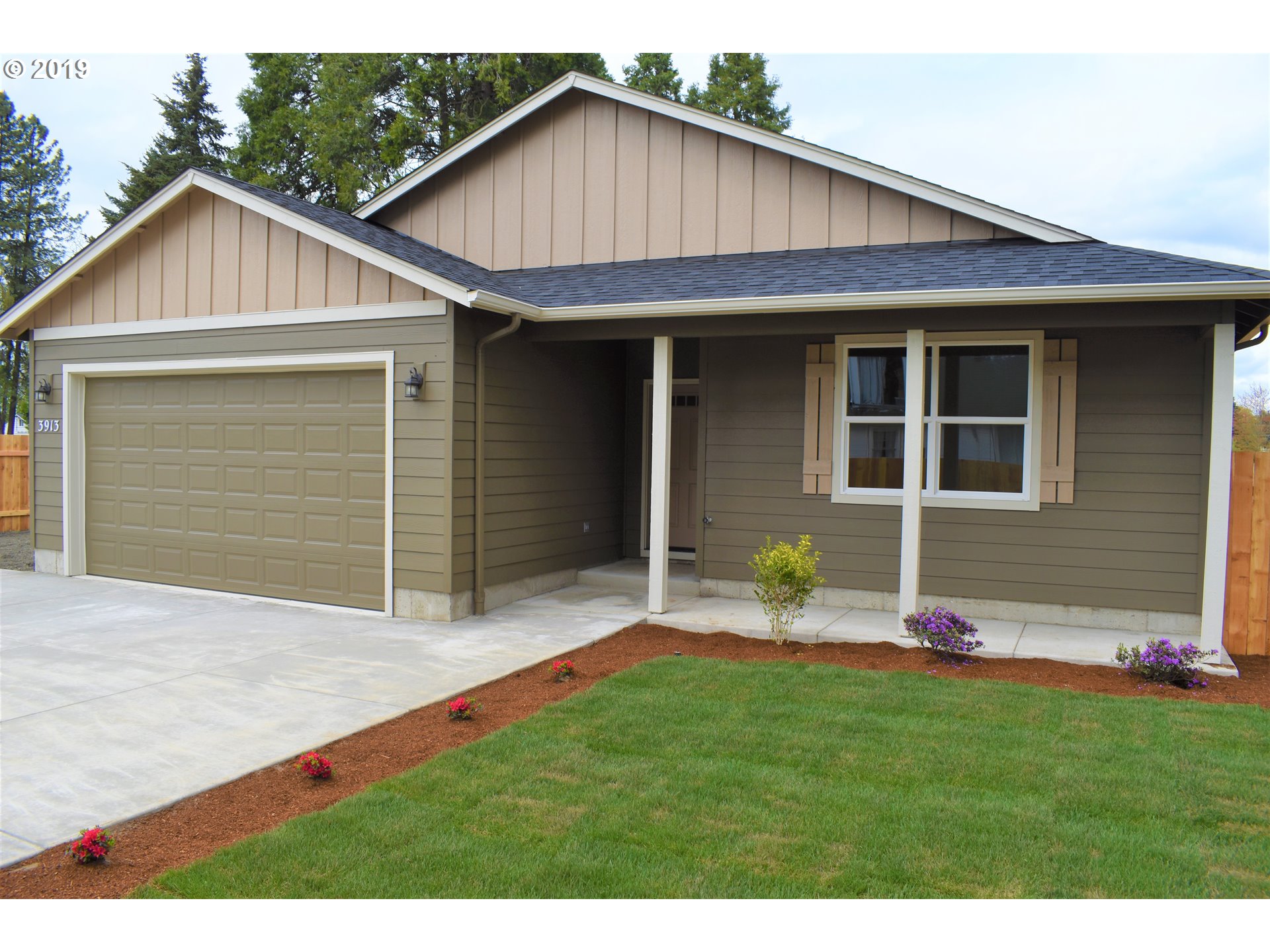 3913 Royal Ave
3913 Royal Ave
Price: $350,000 Beds: 3 Baths: 2.0 Sq Ft: 1572
New Construction that backs up to an expansive Park. Open Living, Dining, & Kitchen. Master bedroom with walk-in closet. Carpet in all bedrooms. Home has vaulted ceilings, granite counters, high end cabinets and wood floors. This home includes an in...View this property >>
AND HERE'S YOUR MONDAY MORNING COFFEE!!
 3913 Royal Ave
3913 Royal Ave 

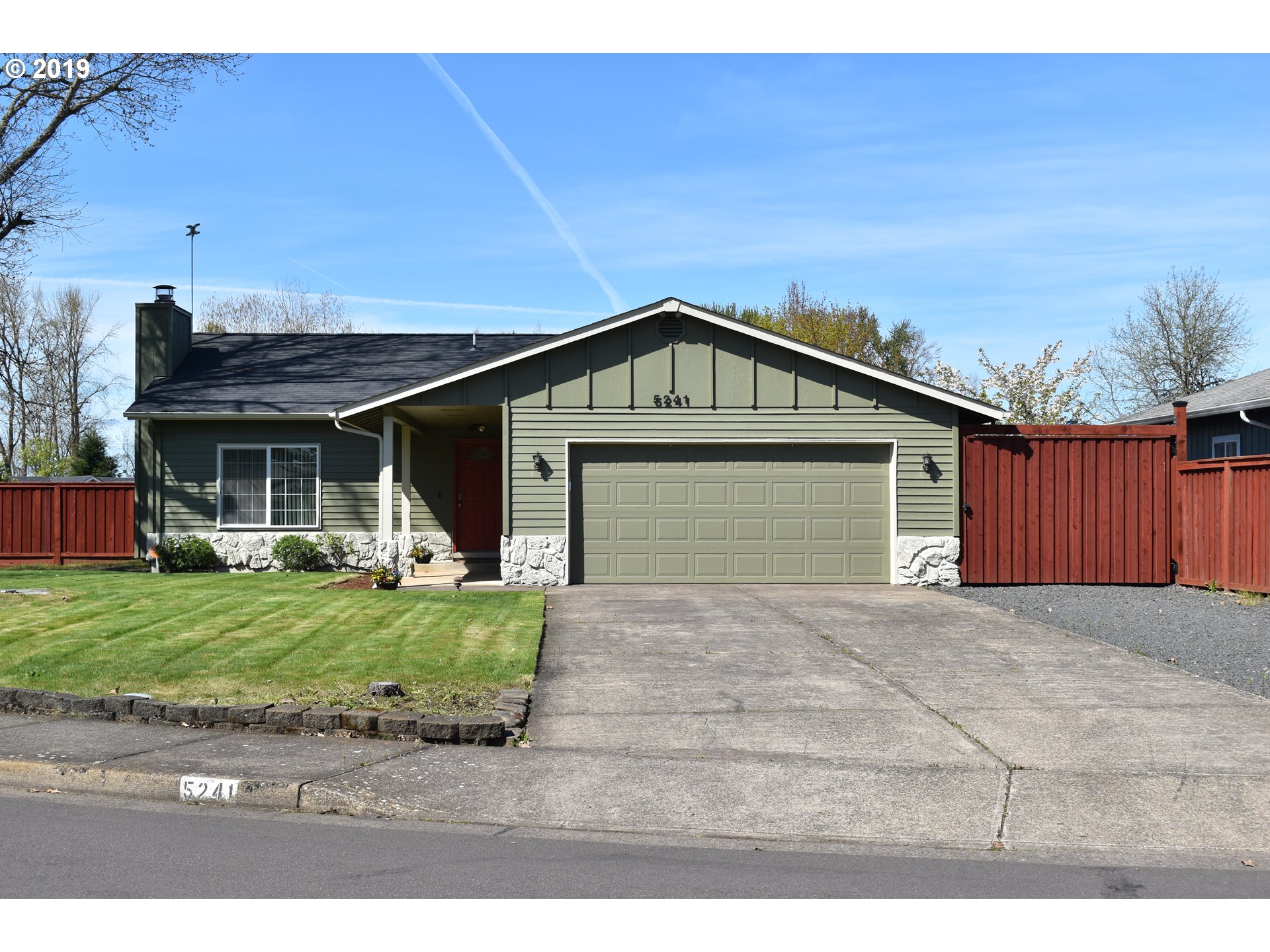
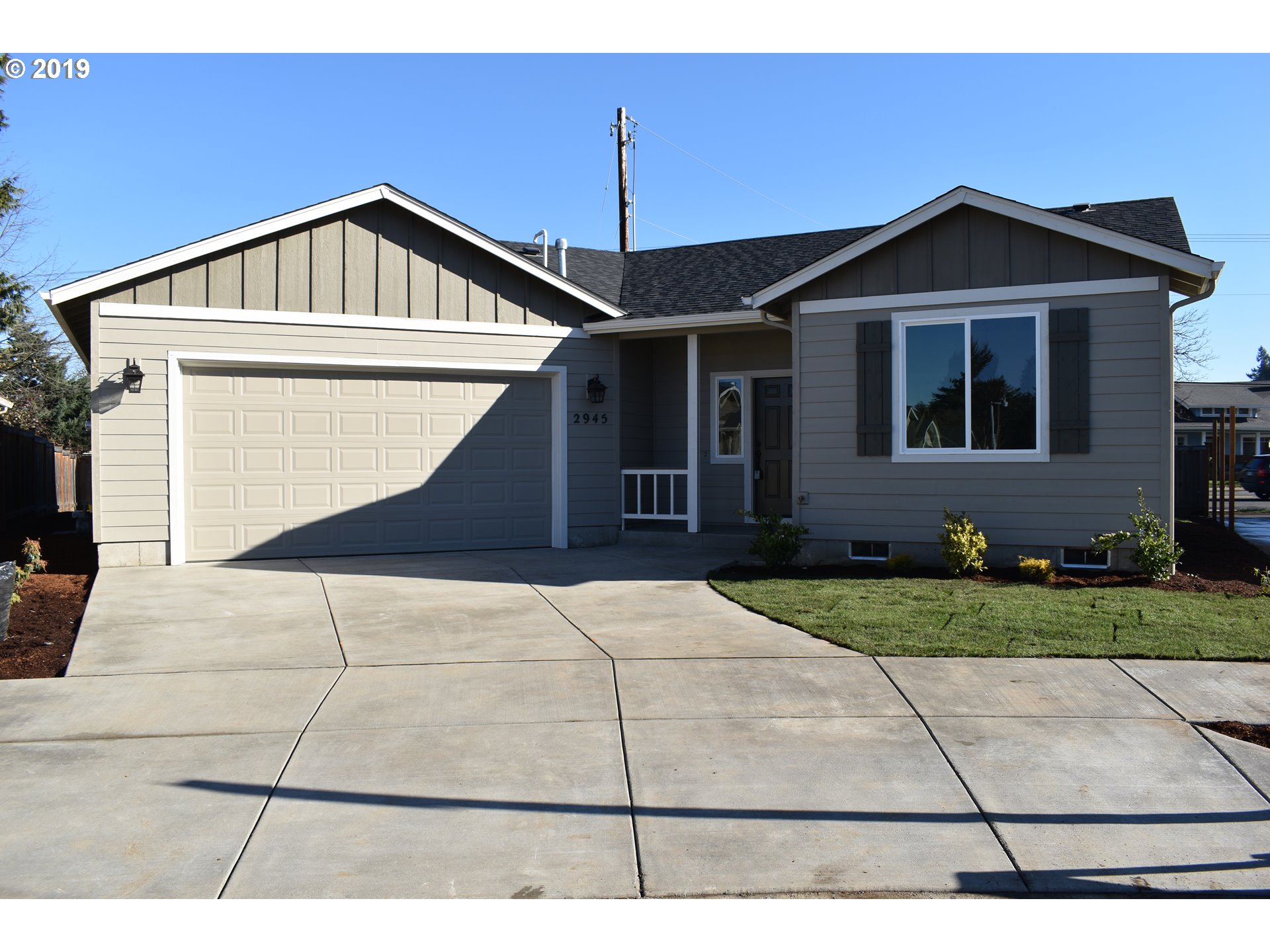
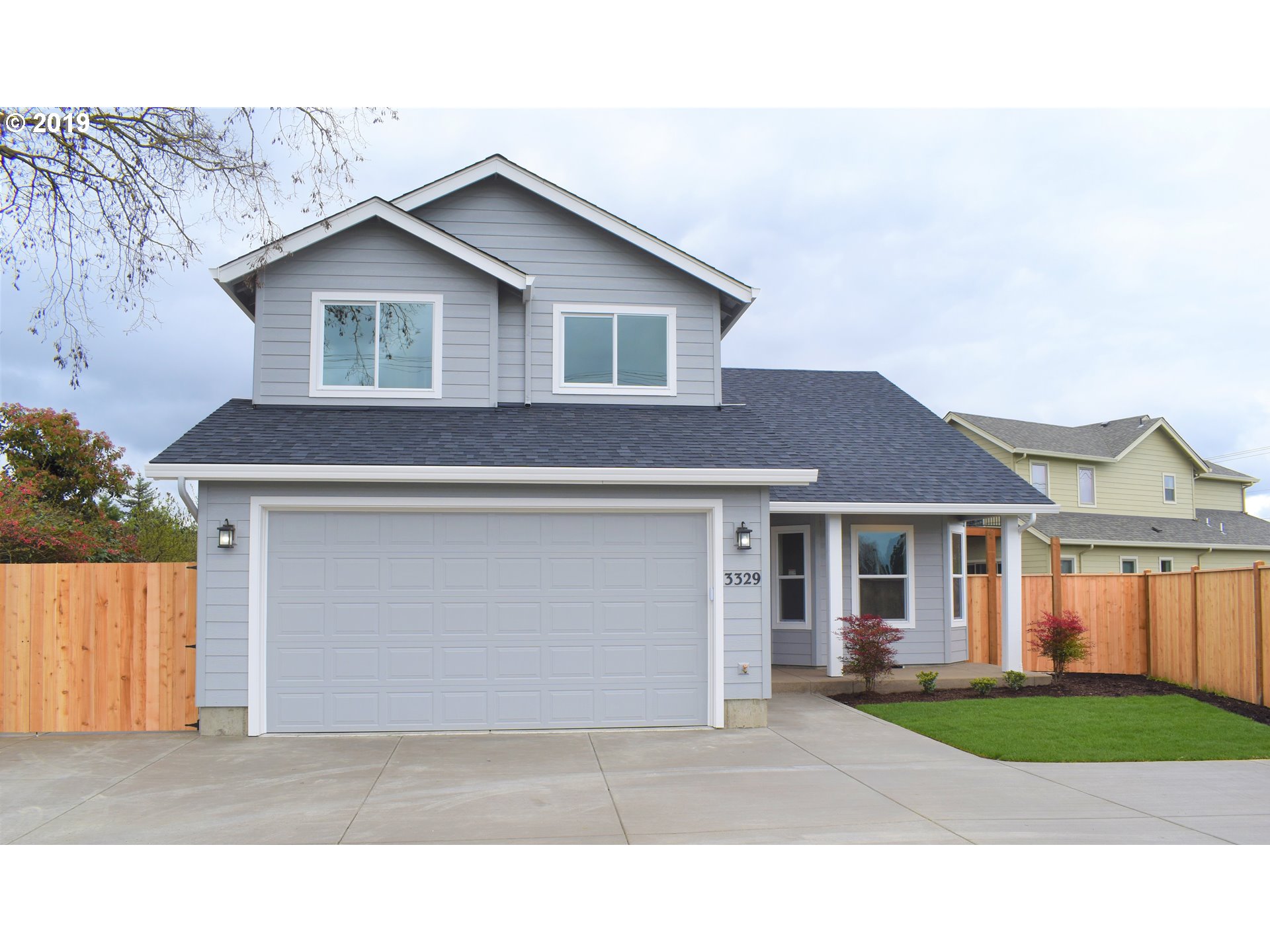
 39285 Upper Camp Creek Rd
39285 Upper Camp Creek Rd

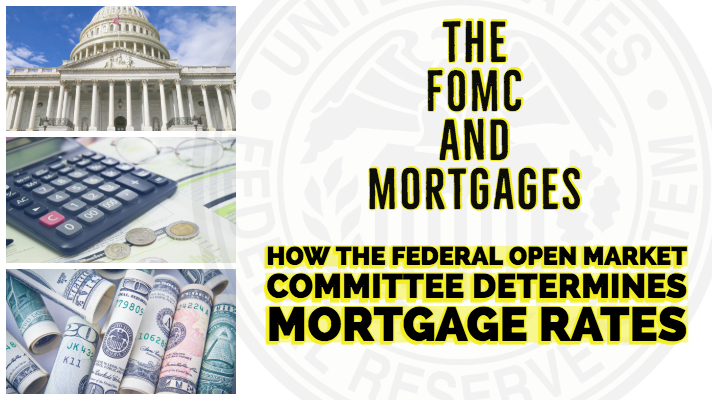 There can be some confusion in the minds of the average consumer about interest rates, especially as it relates to the Federal Open Market Committee, or FOMC, meetings. About every six weeks, the FOMC meets to discuss the current state of the economy with an eye toward the future. One important task is to monitor and adjust the cost of funds. In general, the “Fed” tries to keep inflation in check and in theory raise or lower the cost of funds. They do so by adjusting the Federal Funds rate and this is the rate that gets so much press each time the FOMC meets.
There can be some confusion in the minds of the average consumer about interest rates, especially as it relates to the Federal Open Market Committee, or FOMC, meetings. About every six weeks, the FOMC meets to discuss the current state of the economy with an eye toward the future. One important task is to monitor and adjust the cost of funds. In general, the “Fed” tries to keep inflation in check and in theory raise or lower the cost of funds. They do so by adjusting the Federal Funds rate and this is the rate that gets so much press each time the FOMC meets.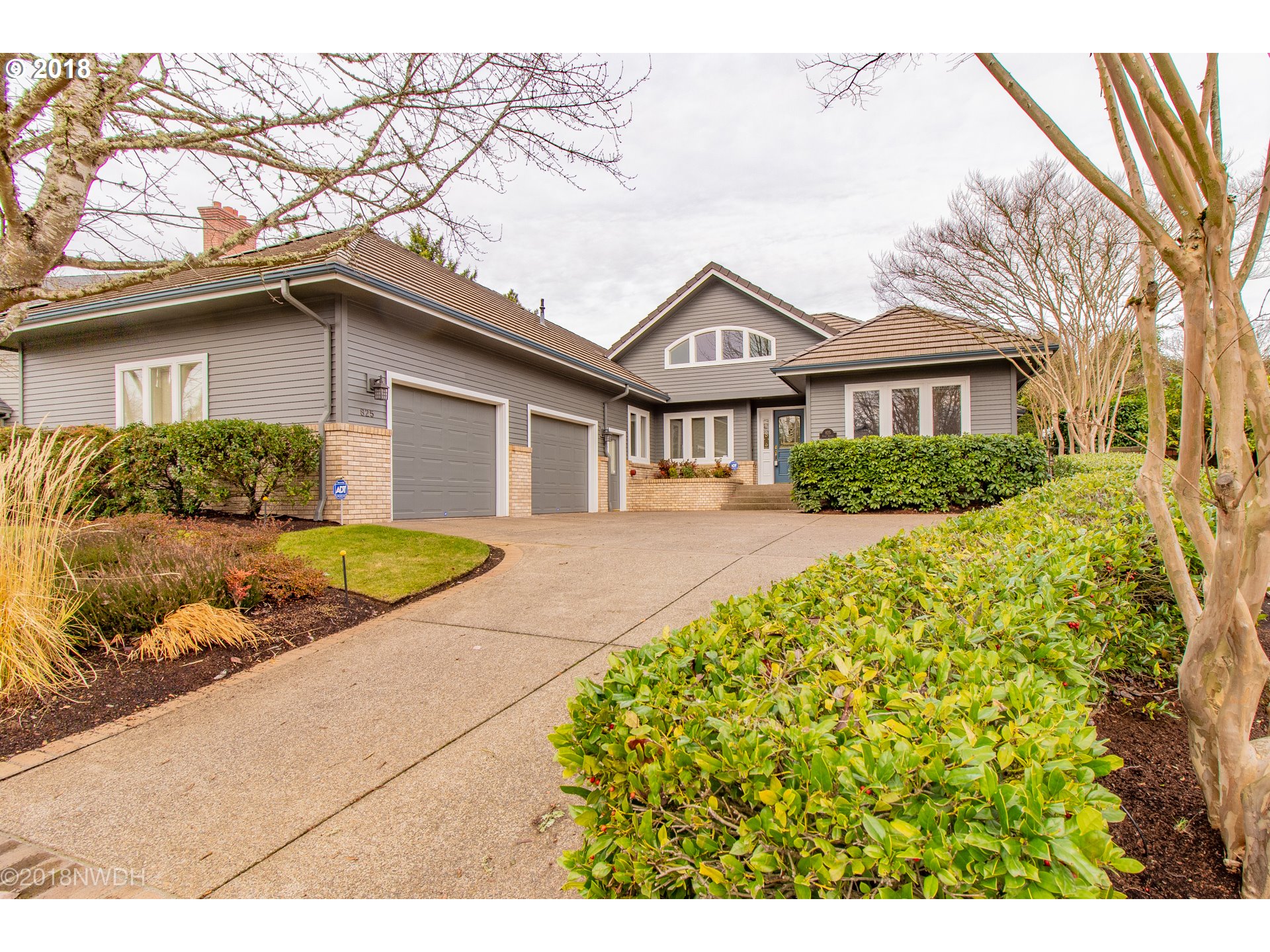 825 SAND AVE
825 SAND AVE A loan program that was popular several years ago is making a comeback and many lenders are now offering options for a mortgage loan program called "the Piggyback mortgage".
A loan program that was popular several years ago is making a comeback and many lenders are now offering options for a mortgage loan program called "the Piggyback mortgage".